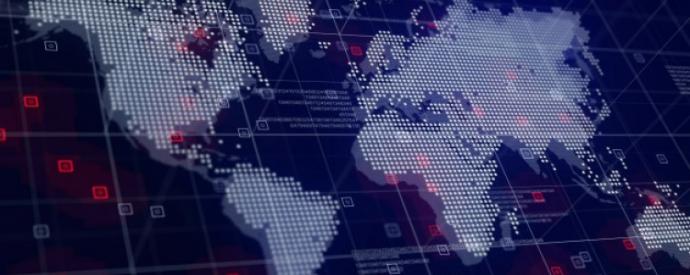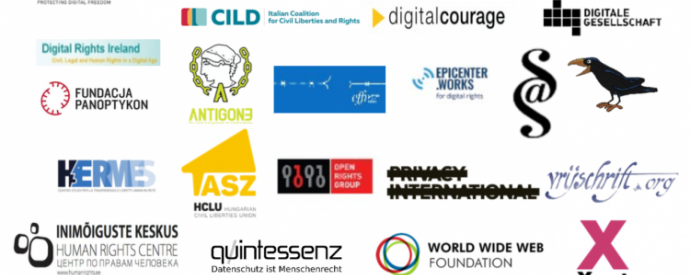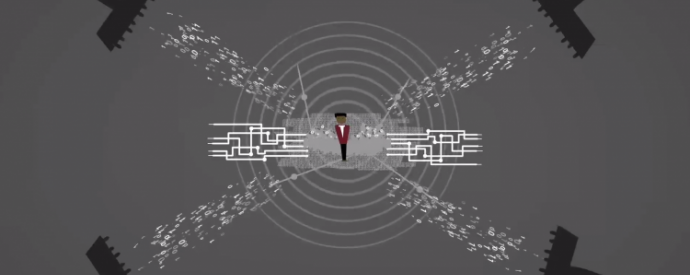Long Reads
A major new report published today by Privacy International has identified alarming weaknesses in the oversight arrangements that are supposed to govern the sharing of intelligence between state intelligence agencies. 'Secret Global Surveillance Networks: Intelligence Sharing Between Governments and
This piece was originally published in Lawfare in April 2018 The United States is party to a number of international intelligence sharing arrangements—one of the most prominent being the so-called “Five Eyes” alliance. Born from spying arrangements forged during World War II, the Five Eyes alliance
We found the image here. When we browse the internet, go to work, drive down the street, go shopping, interact with institutions, or simply move through the city, data is collected about us. Advanced profiling technologies answer questions we did not raise. They generate knowledge we did not
As we said before, Facebook and Cambridge Analytica scandals are a wake-up call for policy makers. And also a global issue. People around the world are concerned by the exploitation of their data. The current lack of transparency into how companies are using people’s data is unacceptable and needs
Today Privacy International together with 27 other organisations from across Europe urge European governments to strengthen the protection of privacy and security of online communications. The proposal to reform e-privacy in Europe was launched in January 2017. However, despite the clear and urgent
In December 2017, Privacy International published an investigation into the use of data and microtargeting during the 2017 Kenyan elections. Cambridge Analytica was one of the companies that featured as part of our investigation. Due to the recent reporting on Cambridge Analytica and Facebook, we
The ongoing Facebook and Cambridge Analytica scandal is a wake-up call for UK policy-makers who too often encourage and promote digital industries over the protection people’s personal data. The scandal has shown that the public is concerned by companies’ exploitation of their data. The current lack
Over the past few days we've all learned details about how Cambridge Analytica was able to amass data on voters through the use of an app that would gather data on approximately 50 million Facebook users, including 30 million psychographic profiles. This is three stories in one. Yes, this is another
Image: Eric Jones The UK government last week hosted hundreds of surveillance companies as it continues to try and identify “technology-based solutions” able to reconcile the need for controls at the Irish border with the need to avoid them. The annual showcase conference of 'Security and Policing'
To mark International Women’s Day 2018, Privacy International and some of our partner organisations - Datos Protegidos , Derechos Digitales , the National Coalition for Human Rights Defenders-Kenya , the Karisma Foundation , and the Foundation for Media Alternatives – are telling the stories of









